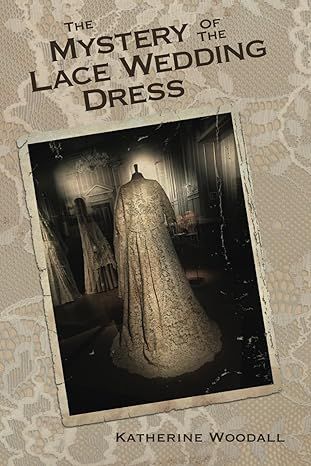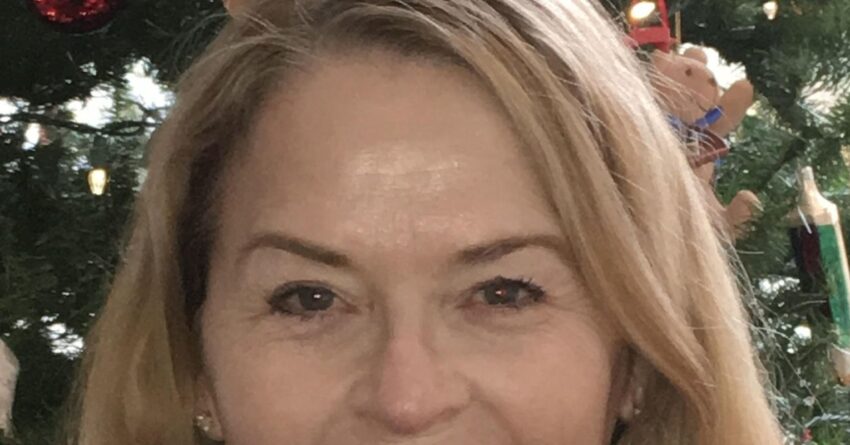
Source: Courtesy of Katherine Woodall, used with permission
How curious are you? As one of the 24 character strengths common to humankind (Peterson &Seligman, 2004), curiosity motivates us to explore our environment, investigate new situations, and gain greater understanding. Curiosity and anxiety are two responses to novel situations.
Research has revealed that when our curiosity is stronger than anxiety, we approach, wanting to learn more. When our anxiety is stronger than curiosity, we avoid, withdraw, and retreat from the situation (Spielberger & Starr, 1994). Perhaps choosing to follow our curiosity can even reduce our anxiety.
Following our curiosity can expand our perspective, inspiring us to learn, persevere, and reach our goals. As one of the character strengths most associated with life satisfaction, curiosity can raise our mood and bring us greater awareness, joy, satisfaction, academic success, longevity, meaning, and good relationships (Niemiec, 2018; Peterson & Seligman, 2004).
Curiosity can bolster our creativity (Niemiec, 2018) as we search for answers, find new solutions, and discover new possibilities. Artists, scientists, and writers are inspired by a strong sense of curiosity.
When novelist Katherine Woodall was traveling through Belgium a few years ago, she visited a centuries-old atelier of a lace maker’s private collection in Aalst. Wandering through the display room, she saw samples of intricate Belgian lacework commissioned by royalty, world leaders, and other notables.
Then, in the corner, she saw a photograph of a lace wedding dress without anyone’s name. When she asked about the dress, the lace maker told her that it had been in their collection for a hundred years, ordered during World War I, but never worn. Woodall’s eyes lit up with curiosity. There must be a story there, she thought.
She asked more questions, searching through historical records, looking for a story lost in time. Her curiosity led her to write her compelling historical novel, The Mystery of the Lace Wedding Dress (2024). The novel introduces us to a young couple who fall in love on the eve of World War I. The challenges they face and the mysterious secret the lace maker later discovers take us back through time, revealing the enduring power of love.
Is curiosity one of your top strengths as well? We actually have all 24 strengths and can increase any of them with practice. Psychologists call our top five strengths our “signature strengths,” which, if used on a regular basis, can make us healthier, happier, and more successful (Seligman, Steen, Park, & Peterson, 2005). You can find out your signature strengths by taking the free online survey.

Source: Courtesy of Katherine Woodall, used with permission
Although using our strengths can benefit us in many ways, psychologist Ryan Niemiec, PhD, (2018) has found that we can also overuse them. One of my top strengths is curiosity, which helped me succeed in school when I became fascinated with ideas and wanted to learn more. But now, when doing research online, I realize how my curiosity can also distract me, leading me off on enticing tangents.
Curiosity can lead to greater distraction or creativity. It is up to you to recognize and make the most of this strength. And you can develop greater curiosity through practice. Ryan Niemiec (2018) recommends building your curiosity by trying a new food for the first time, especially a food from a different culture, taking a new route home, or exploring a new area. You might also listen to new music, tune in to a different radio station, learn a new skill, or discover other ways to build more curiosity into your life.
Who knows? Your curiosity may not lead you to write a novel, like Woodall did, but you could discover new insights, joy, and possibilities in life.
This post is for informational purposes and should not substitute for psychotherapy with a qualified professional. © 2024 Diane Dreher, All Rights Reserved.
